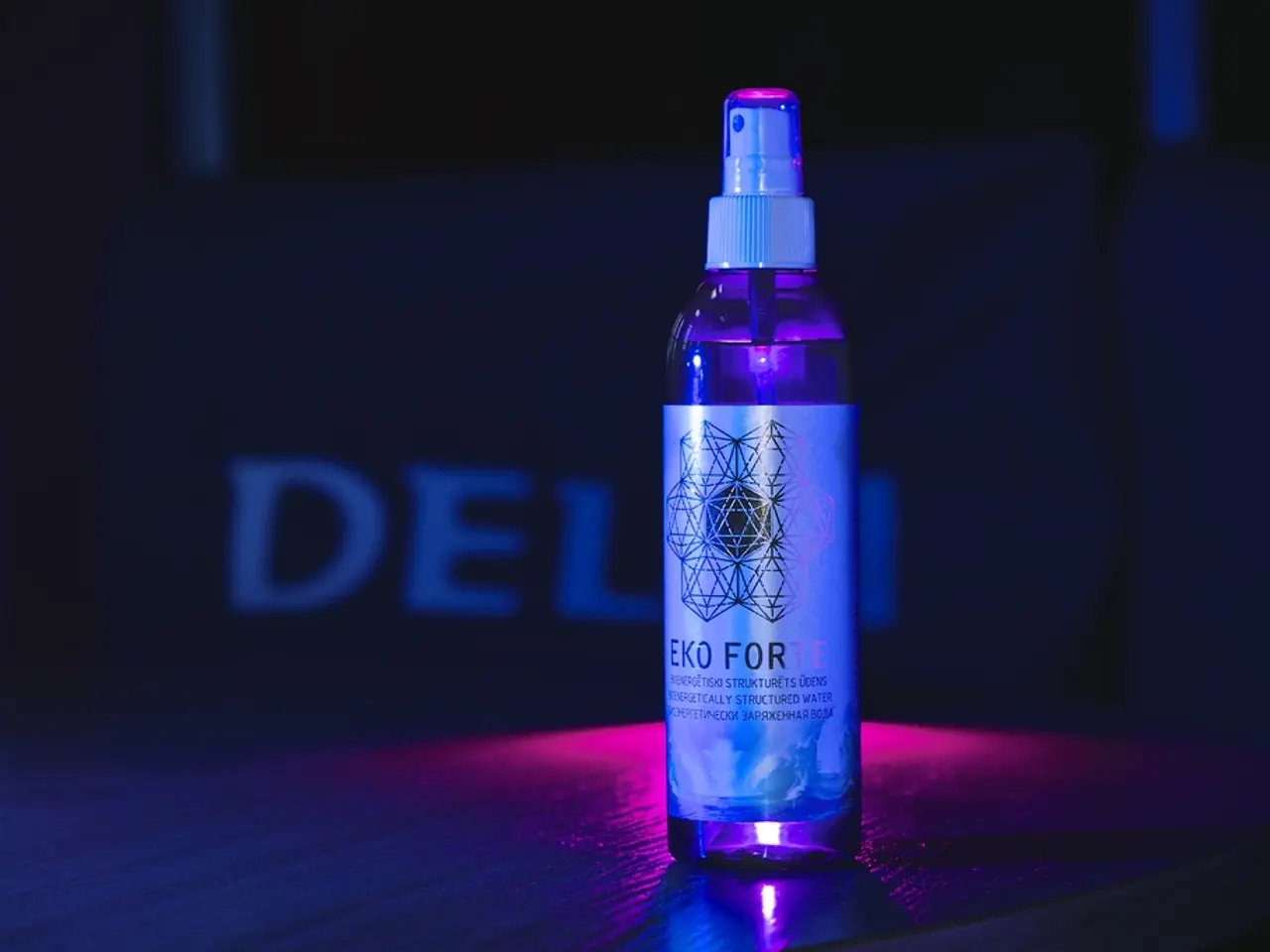Understanding Benzene in Sunscreen: Key Information and Ways to Avoid Contaminated Products
The Food and Drug Administration (FDA) is considering a recall on 40 batches of sunscreen, following a citizen petition by Valisure, an independent pharmacy. The recall includes all products that had a benzene concentration of 0.1 parts per million (ppm).
The concern arises from the fact that roughly 27 percent of the samples contained detectable levels of benzene, with some batches having up to three times the safe FDA concentration limit of 2 ppm. This contamination has been found in sunscreen products from several well-known brands, including Johnson & Johnson, Neutrogena, Aveeno, Sun Bum, Banana Boat, Coppertone, La Roche-Posay, and Walgreens.
Johnson & Johnson has claimed that the level of benzene in their sunscreen would not be expected to cause adverse health effects. However, Consumer Reports found that some of the company's sunscreen had a concentration of benzene 12 times over the safe limit.
It's important to note that except for the ten products that have been recalled, the other 68 sunscreens remain on the shelves of U.S. stores. However, consumers are advised to switch to a safe, non-toxic sunscreen if they have been using one of the products found to be adulterated with benzene.
Benzene is a known human carcinogen and has no place in consumer products such as sunscreen. It is primarily found in industrial settings and used in the manufacturing of plastic, resins, dyes, and pesticides. Frequent exposure to benzene can cause diseases like leukemia, myeloma, and lymphoma. The most dangerous route of exposure to benzene is inhalation, and because most of the tainted products were aerosol sunscreen, consumers have breathed in considerable amounts of benzene.
The FDA has encouraged manufacturers to conduct risk assessments and testing to detect benzene contamination and has issued guidance, although it has not mandated nationwide recalls beyond voluntary ones by affected companies. Several sunscreen companies have issued recalls due to benzene contamination, primarily linked to aerosol and spray sunscreen products. Johnson & Johnson and Coppertone have issued voluntary recalls of five sunscreen products in the summer of 2021 due to benzene contamination.
Dr. Christopher Bunick, M.D., and Ph.D., Associate Professor of Dermatology at Yale University, urges regulatory agencies to address benzene contamination in sunscreens and topical medications. He emphasizes that the chemical accumulates in the body, eventually triggering cancer by producing chronic inflammation and suppressing the immune system.
If you have been using the sunscreen of Johnson & Johnson that has been recalled but have not developed a disease, you can try to obtain a refund from the company by calling the Consumer Care Center at 800.458.1673.
In light of these findings, it's essential to be cautious about the sunscreen you use. Instead of chemical sunscreen, opt for mineral sunscreen, which is healthy both for you and for the coral reefs. Apply sunscreen abundantly, using 2 milliliters of product per square centimeter of skin. Apply chemical sunscreen 30 minutes before leaving your home. Choose a broad-spectrum sunscreen, as these products shield your skin against UVA rays in addition to UVB rays.
References: [1] FDA (2021). FDA investigates potential contamination of benzene in certain sunscreen products. [online] Available at: https://www.fda.gov/news-events/press-announcements/fda-investigates-potential-contamination-benzene-certain-sunscreen-products [2] Consumer Reports (2021). Benzene found in sunscreens at levels up to 12 times FDA limits, Consumer Reports tests find. [online] Available at: https://www.consumerreports.org/sunscreen/benzene-found-in-sunscreens-at-levels-up-to-12-times-fda-limits-consumer-reports-tests-find/ [3] Valisure (2021). Sunscreen Benzene Contamination. [online] Available at: https://valisure.com/sunscreen/
- The concerning discovery of benzene, a known human carcinogen, in multiple sunscreen products has sparked health concerns, potentially leading to chronic inflammation and diseases like leukemia, myeloma, and lymphoma.
- Consumers are advised to switch to health-and-wellness products that are safe and non-toxic, such as mineral sunscreens, which are beneficial for both the skin and the environment, to minimize the risk of benzene exposure.




